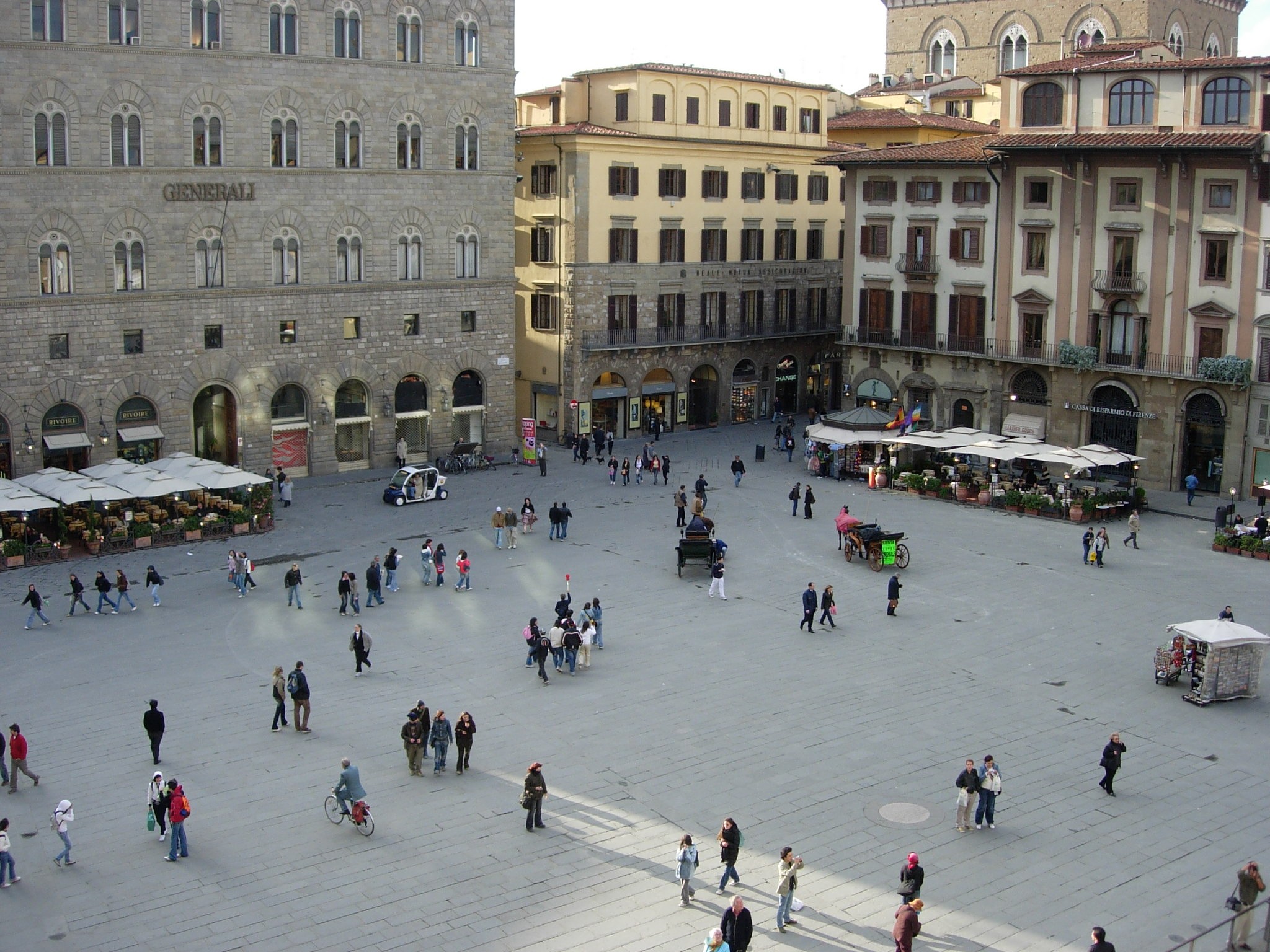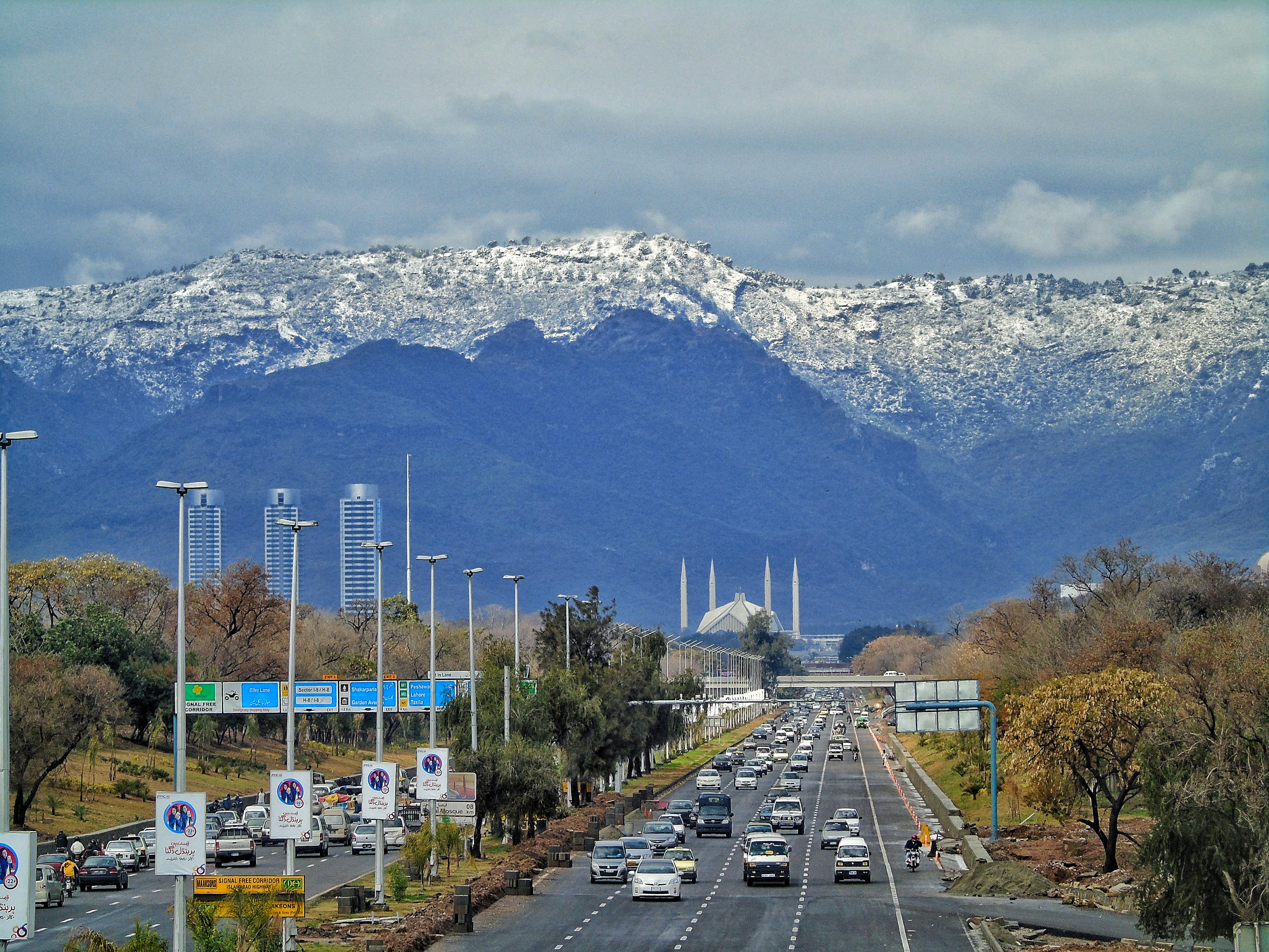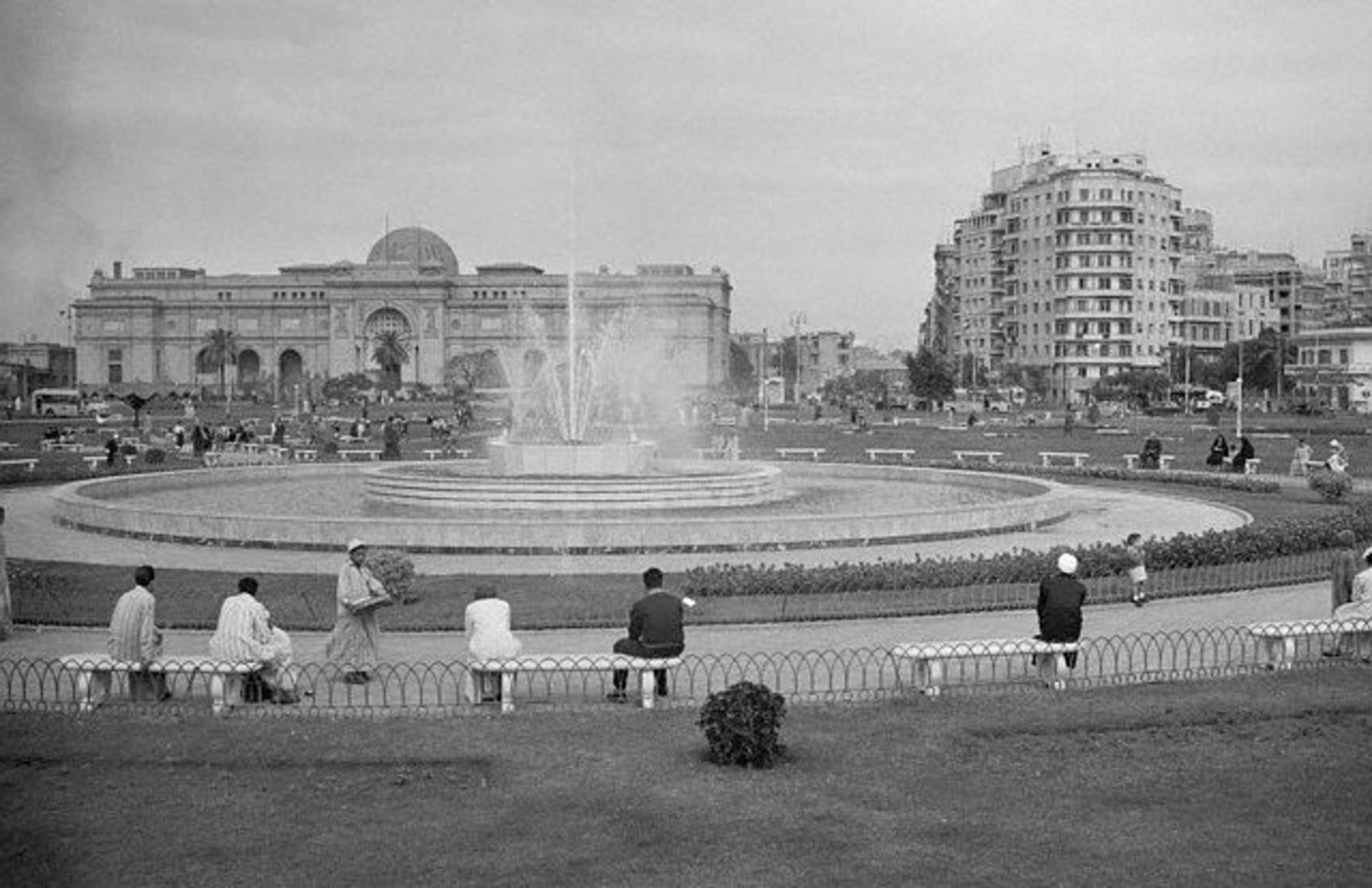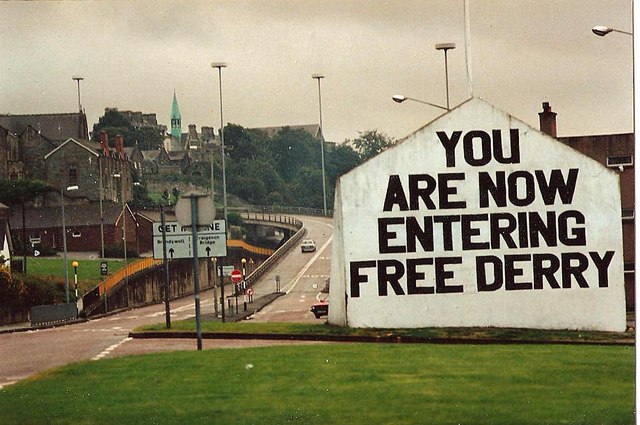|
D-Chowk (Islamabad)
D-Chowk, also referred to as Democracy Chowk, is a large town square located on the junction of Jinnah Avenue and Constitution Avenue in Islamabad. It is located in the government district, close to several important government buildings: the Presidency, the Prime Minister’s office, the Parliament, and the Supreme Court. The square is a frequent venue for political rallies and other public gatherings, and has been likened to Egypt's Tahrir Square. Since the square is a junction on two major roads, such meetings have repeatedly paralyzed traffic in Islamabad. In April 2016, the government decreed that the square should be rebuilt to make it a no-go area A "no-go area" or "no-go zone" is a neighborhood or other geographic area where some or all outsiders are either physically prevented from entering or can enter at risk. The term includes exclusion zones, which are areas that are officially kept o ... for protesters. However, political rallies continue to be held there. Referenc ... [...More Info...] [...Related Items...] OR: [Wikipedia] [Google] [Baidu] |
Town Square
A town square (or square, plaza, public square, city square, urban square, or ''piazza'') is an open public space, commonly found in the heart of a traditional town but not necessarily a true square, geometric square, used for community gatherings. Related concepts are the civic center, the market square and the village green. Most squares are hardscapes suitable for open market (place), markets, concerts, political rallies, and other events that require firm ground. Being centrally located, town squares are usually surrounded by small shops such as bakeries, meat markets, cheese stores, and clothing stores. At their center is often a water well, well, monument, statue or other feature. Those with fountains are sometimes called fountain squares. By country Australia The Adelaide city centre, city centre of Adelaide and the adjacent suburb of North Adelaide, in South Australia, were planned by Colonel William Light in 1837. The city streets were laid out in a grid plan, with t ... [...More Info...] [...Related Items...] OR: [Wikipedia] [Google] [Baidu] |
Jinnah
Muhammad Ali Jinnah (, ; born Mahomedali Jinnahbhai; 25 December 1876 – 11 September 1948) was a barrister, politician, and the founder of Pakistan. Jinnah served as the leader of the All-India Muslim League from 1913 until the inception of Pakistan on 14 August 1947, and then as the Dominion of Pakistan's first governor-general until his death. Born at Wazir Mansion in Karachi, Jinnah was trained as a barrister at Lincoln's Inn in London. Upon his return to India, he enrolled at the Bombay High Court, and took an interest in national politics, which eventually replaced his legal practice. Jinnah rose to prominence in the Indian National Congress in the first two decades of the 20th century. In these early years of his political career, Jinnah advocated Hindu–Muslim unity, helping to shape the 1916 Lucknow Pact between the Congress and the All-India Muslim League, in which Jinnah had also become prominent. Jinnah became a key leader in the All-India Home R ... [...More Info...] [...Related Items...] OR: [Wikipedia] [Google] [Baidu] |
Constitution Avenue (Islamabad)
Constitution Avenue, also known as Shahrah-e-Dastoor ( ur, ), is a road in Islamabad, Pakistan. A number of landmark and government buildings exist along the road, such as the Aiwan-e-Sadr, the Prime Minister's Office, the office of the Ministry of Foreign Affairs, the National Library of Pakistan, the Supreme Court of Pakistan, the Federal Shariat Court, the Cabinet Block, as well as the office of the Auditor General of Pakistan. The road has often been a site for political protests. See also * Islamabad Expressway * Srinagar Highway * Seventh Avenue (Islamabad) * Ninth Avenue (Islamabad) Ninth Avenue also known as Agha Shahi Avenue, named after Pakistani statesman Agha Shahi, is a partially signal free road located in Islamabad. It was inaugurated by the then CDA chairman Kamran Lashari on 25 February 2008. It starts from the ... References External links Capital Development AuthorityIslamabad Administration Roads in Islamabad Roads in Islamabad Capital Terri ... [...More Info...] [...Related Items...] OR: [Wikipedia] [Google] [Baidu] |
Islamabad
Islamabad (; ur, , ) is the capital city of Pakistan. It is the country's ninth-most populous city, with a population of over 1.2 million people, and is federally administered by the Pakistani government as part of the Islamabad Capital Territory. Built as a planned city in the 1960s, it replaced Rawalpindi as Pakistan's national capital. The city is notable for its high standards of living, safety, cleanliness, and abundant greenery. Greek architect Constantinos Apostolou Doxiadis developed Islamabad's master plan, in which he divided it into eight zones; administrative, diplomatic enclave, residential areas, educational and industrial sectors, commercial areas, as well as rural and green areas administered by the Islamabad Metropolitan Corporation with support from the Capital Development Authority. Islamabad is known for the presence of several parks and forests, including the Margalla Hills National Park and the Shakarparian. It is home to several landmarks, includin ... [...More Info...] [...Related Items...] OR: [Wikipedia] [Google] [Baidu] |
Aiwan-e-Sadr
The Aiwan-e-Sadr ( ur, ), or Presidential Palace, is the official residence and workplace of the President of Pakistan. It is located in northeastern Islamabad on Constitution Avenue, between the Parliament Building and the Cabinet block of the Pakistan Secretariat. Residences for the Presidential staff, known as the President's Colony, are also located behind the Presidency, adjacent to 4th Avenue. The administrative head of Aiwan-e-Sadr is the Principal Secretary to the President of Pakistan, a position being held by Waqar Ahmed since 21 May 2022. History Prior to Aiwan-e-Sadr's construction, the Presidents of Pakistan lived in the Prince Palace located on The Mall in Rawalpindi. That building now houses the Fatima Jinnah Women University. The construction of the building commenced in 1970, and took 11 years to complete. President Muhammad Zia-ul-Haq inaugurated it, but he lived instead in the Army House on Jhelum Road, Rawalpindi since he was also the Chief of Army ... [...More Info...] [...Related Items...] OR: [Wikipedia] [Google] [Baidu] |
Prime Minister's Secretariat (Pakistan)
The Prime Minister's Office (Urdu: دفترِ وزیرِ اعظم) is the principal workplace of the Prime Minister of Pakistan and is headed by the Principal Secretary to the Prime Minister of Pakistan, Syed Tauqir Shah. It is responsible for formulating policies for the Prime Minister's cabinet, conducting its cabinet meetings, and supervising and overseeing the implementation of the Cabinet's policy. In addition, it is in charge of other governmental bodies, which report directly to the Prime Minister. The Prime Minister's Office is located on Red Zone, Islamabad, Pakistan. References Buildings and structures in Islamabad Pakistan Pakistan ( ur, ), officially the Islamic Republic of Pakistan ( ur, , label=none), is a country in South Asia. It is the world's List of countries and dependencies by population, fifth-most populous country, with a population of almost 24 ... Continuity of government in Pakistan * Government buildings in Pakistan {{Pak ... [...More Info...] [...Related Items...] OR: [Wikipedia] [Google] [Baidu] |
Parliament Of Pakistan
The Parliament of Pakistan ( ur, , , "Pakistan Advisory Council" or "Pakistan Consultative Assembly") is the federal and supreme legislative body of Pakistan. It is a bicameralism, bicameral federation, federal legislature that consists of the Senate of Pakistan, Senate as the upper house and the National Assembly of Pakistan, National Assembly as the lower house. According to the Constitution of Pakistan, the President of Pakistan is also a component of the Parliament. The National Assembly is elected for a five-year term on the basis of adult franchise and one-man one-vote. The tenure of a Member of the National Assembly is for the duration of the house, or sooner, in case the Member dies or resigns. The tenure of the National Assembly also comes to an end if dissolved on the advice of the Prime Minister or by the president in his discretion under the Constitution. The Parliament meets at the Parliament House building in Islamabad, where debating chambers for both houses a ... [...More Info...] [...Related Items...] OR: [Wikipedia] [Google] [Baidu] |
Supreme Court Of Pakistan
The Supreme Court of Pakistan ( ur, ; ''Adālat-e-Uzma Pākistān'') is the apex court in the judicial hierarchy of the Islamic Republic of Pakistan. Established in accordance to thePart VIIof the Constitution of Pakistan, it has ultimate and extensive appellate, original, and advisory jurisdictions on all courts (including the high courts, district, special and Shariat court), involving issues of laws and may act on the verdicts rendered on the cases in context in which it enjoys jurisdiction. In the court system of Pakistan, the Supreme Court is the final arbiter of legal and constitutional disputes as well as final interpreter of constitutional law, and the highest court of appeal in Pakistan. In its modern composition, the Supreme Court is incorporated of Chief Justice of Pakistan, sixteen justices and two ''ad hoc'' who are confirmed to their appointment by the President upon their nominations from the Prime Minister's selection based on their merited qualifications ... [...More Info...] [...Related Items...] OR: [Wikipedia] [Google] [Baidu] |
Foreign Policy
A State (polity), state's foreign policy or external policy (as opposed to internal or domestic policy) is its objectives and activities in relation to its interactions with other states, unions, and other political entities, whether bilaterally or through multilateralism, multilateral platforms.Foreign policy ''Encyclopedia Britannica'' (published January 30, 2020). The ''Encyclopedia Britannica'' notes that a government's foreign policy may be influenced by "domestic considerations, the policies or behaviour of other states, or plans to advance specific geopolitical designs." History The idea of long-term management of relationships followed the development of professional diplomatic corps that managed diplomacy. In the 18th century, due to extreme turbulence in History of Europe# ...[...More Info...] [...Related Items...] OR: [Wikipedia] [Google] [Baidu] |
Tahrir Square
Tahrir Square ( ar, ميدان التحرير ', , English language, English: Liberation Square), also known as "Martyr Square", is a major public town square in downtown Cairo, Egypt. The square has been the location and focus for political demonstrations in Cairo since the early 20th century; the city's previous central square was Salah al-Din Square. The 2011 Egyptian revolution and the resignation of President of Egypt, President Hosni Mubarak occurred at the Tahrir Square. History The square was originally called "Ismailia Square" ( '), after the 19th-century ruler Khedive Ismail, who commissioned the new downtown district's 'Paris on the Nile' design. After the Egyptian Revolution of 1919, the square became widely known as Tahrir (Liberation) Square. In 1933 Fuad I of Egypt, King Fuad I (r. 1922–1936), the son of Khedive Ismail, renamed the square officially to Khedive Ismail Square ('). Before the end of his reign in 1936, a roundabout with a garden was created at ... [...More Info...] [...Related Items...] OR: [Wikipedia] [Google] [Baidu] |
No-go Area
A "no-go area" or "no-go zone" is a neighborhood or other geographic area where some or all outsiders are either physically prevented from entering or can enter at risk. The term includes exclusion zones, which are areas that are officially kept off-limits by the government, such as border zones and military exclusion zones. It also includes areas held by violent non-state actors, such as paramilitary, organized crime and terrorist organizations. In some cases, these areas have been held by insurgent organizations attempting to topple the government, such as Free Derry, an area in Northern Ireland that was held by the Irish Republican Army from 1969 to 1972. In other cases, the areas simply coexist alongside the state; an example is Kowloon Walled City, an area in Hong Kong essentially ruled by triad organizations from the 1950s to the 1970s. In the 21st century, the term has most often been used to refer to areas that police or medical workers consider too dangerous to enter wi ... [...More Info...] [...Related Items...] OR: [Wikipedia] [Google] [Baidu] |
The Nation (Pakistan)
''The Nation'' is an English-language daily newspaper owned by Majid Nizami Trust and based in Lahore, Pakistan since 1986. ''Rameeza'' is the Executive Editor of ''The Nation''. She is the adopted daughter of the renowned Pakistani journalist, the late Majid Nizami (3 April 1928-26 July 2014). It is published from Lahore, Islamabad, Multan and Karachi by the Nawa-i-Waqt Group, which was founded in 1940 by Hameed Nizami (3 Oct 1915–22 Feb 1962) and edited by him until his death in 1962. Nawa-i-Waqt newspaper was later led by Chief Editor Majid Nizami and his nephew, Editor Arif Nizami. Nawa-i-Waqt Group also publishes the '' Nawa-i-Waqt'', an Urdu-language daily newspaper, and prints 4 weekly English and Urdu Urdu (;"Urdu" '' |







